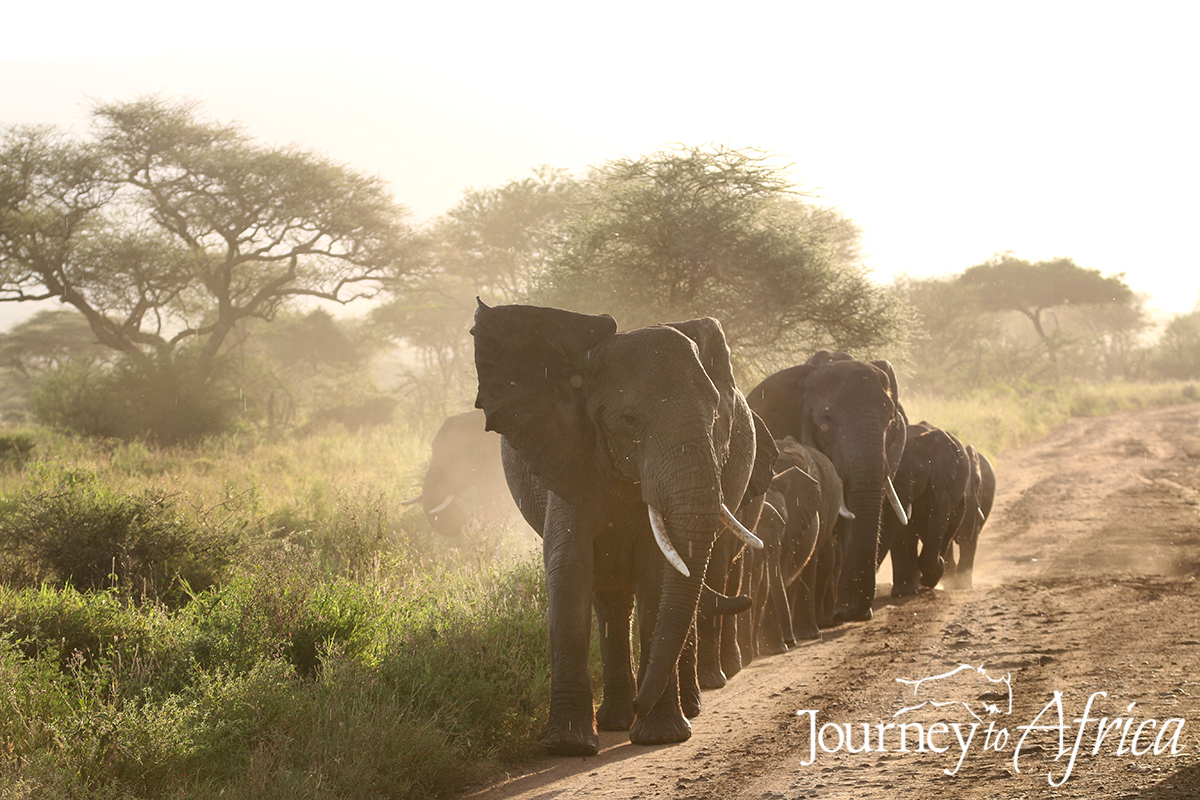To my guests going on Safari in 2020 - Thank you - you have been patient and kind while working with me in postponing your Safari to the many parts of Africa; your Safari deposit funds have kept our many initiatives going at this unprecedented time.
Conservation. Community.
The Safari deposit funds you have paid are being used for wildlife conservation and community. My amazing Safari partners and my curated list of Safari lodges, who support wildlife directly or by partnering with many organizations that are responsible for keeping our wildlife safe are working hard to keep wildlife safe as we 'speak'.
Also supported are the many communities surrounding the parks/ conservations. The symbiotic relationship between the community and the Safari lodges is a win-win in so many different ways depending on the location, the Safari lodge, etc.
Besides continuing our support for Big Life Foundation, David Sheldrick Wildlife Trust, RCVC to name a few, we are doing our best to send money to friends in Kenya and Tanzania who are giving meals to people who can't go out to work due to lock-down to small clinics who have lost all funding with only a trickle of tourists.
All in this together.
I am hopeful that once the world is safe to travel again, we will travel with consciousness.
We are grateful that our Safari partners and Safari lodges that we work with value conservation and are committed to personally being custodians of the wildlife or partner with companies in the front line taking care of our wildlife. Besides wildlife conservation, without supporting the community, wildlife is in peril. All of these components are essential to sustainability practices.
This was very important to us before the crisis and we are even more committed to making sure this is the cornerstone of all our partners.
Many of you - hello friends - have seen our Safari partners' commitment in-depth first hand. You will have visited the villages/ schools to see first hand how your funds have helped; from clean water, education, de-snaring, farming produce, and more. If you have any special stories you want to tell us more about how their commitment impacted you, please do share.
How you can help my friends?
If you want to support right now when travel is at a standstill please email me and I can point you in the right direction - either a gofundme created by our Safari partner for their initiatives, your specific Safari guide, the Safari lodge, and the crew, a charity you visited, etc. we are here to help.
If you want to know more about what your Safari will be funding, please contact me and I can send you information.
Stay safe and healthy rafikis [friends].
This. too. shall. pass. I look forward to chatting with you about your Safari somewhere in magical Africa soon.


















